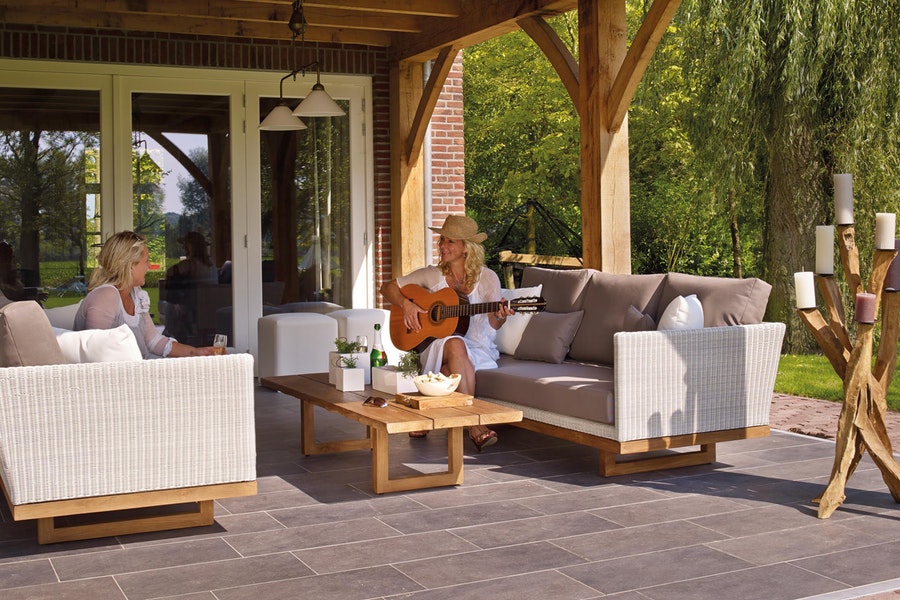Keeping the house organized can be hard when different groups of people are living in one space. Even though you don’t have complete “ownership” of common spaces, you may still want to keep things organized, neat, and tidy. While you may never have things 100% the way that you want them, there are some ways you can come to common grounds.
1. Everyone Has a Different Level of Tidiness
First thing’s first: everyone has a different level of tidiness that they’re accustomed to. Usually, this depends on their childhood. If they grow up in a messy home, they may actually not be able to see what you mean when you say the property is “messy.” That doesn’t mean that you need to settle for a messy home, you just need to explain exactly what you mean. A few examples:
- Books and papers scattered around. To some people, this is perfectly normal, and they wouldn’t understand why it upsets you. Explain specifically that organizing books on shelves or in stacks makes the room look less cluttered.
- Jackets and clothes lying around. For some, if they’re going to use their jacket later, why not keep it accessible? Explain that keeping jackets in closets makes the room less disorganized.
- Dishes in the drying rack rather than put away. To some, this only makes sense: they’re still clean and accessible. Explain that they need to be put in the shelves regardless, and putting them in the shelves now will save time.

With common spaces you may need to compromise, but by explaining why you want everything in each place, you can help other people see your point of view. From there, you can start building a routine.
2. Come to an Agreement Regarding a Cleaning Routine
Once you’ve figured out what level of cleanliness you want to accomplish, assign chores and come to an agreement regarding a cleaning routine. Maybe you want to put everyone in charge of a specific task, such as laundry, dishes, or floors. Or, instead, maybe you want to set aside a day such as Sunday for everyone to do cleaning chores at once.
3. Make a Rule About Common Areas
One way to avoid frustration in common areas is to make a general rule: personal items go in personal areas only. This is especially useful for roommate situations, in which roommates will need to be responsible for their personal things. But it can also be applied to families: toys, for instance, should be relegated to the toy room.
The fewer items are in common areas, the less clutter and mess you’ll need to see. If roommates or family members get used to keeping their possessions in their own private areas, you don’t need to worry about it.
4. Have a Physical Reminder of Your Chores

It’s easy to forget chores, for everyone. Rather than relying on everyone to remember, create a physical reminder of chores. A white board can help. Write down who is responsible for what, and place a little marker on “Incomplete.” When a chore is done, the person responsible for that chore can place the marker on “Complete.”
This serves as a tangible reminder that chores have to be done, as well as a fast visual overview of who hasn’t done their chores yet. Sometimes it’s as easy as providing reminders so that things get done in a timely fashion. While chore wheels or a chore roster may seem like something that’s relegated to children, it can also make things a little more fun and relaxed.
5. Discuss Things Rationally as Adults
What happens if someone isn’t completing their chores? It’s easy to fly off the handle, but it’s often more effective to discuss the issues rationally. Instead of saying, “You didn’t do the dishes,” say, “I noticed you haven’t been able to do the dishes, is there a different chore you’d rather have?” Sometimes things work better if everyone has the chore that they prefer, or sometimes there may be legitimate reasons a chore hasn’t been done.
What if it doesn’t work? Unfortunately, it can happen. Sometimes you may end up roommates with someone who just can’t clean, and there’s nothing that you can do but move or find a different roommate altogether. Still, with most reasonable and rational adults, you should be able to come to a reasonable compromise. Follow the Get Organized Wizard for additional tips.

